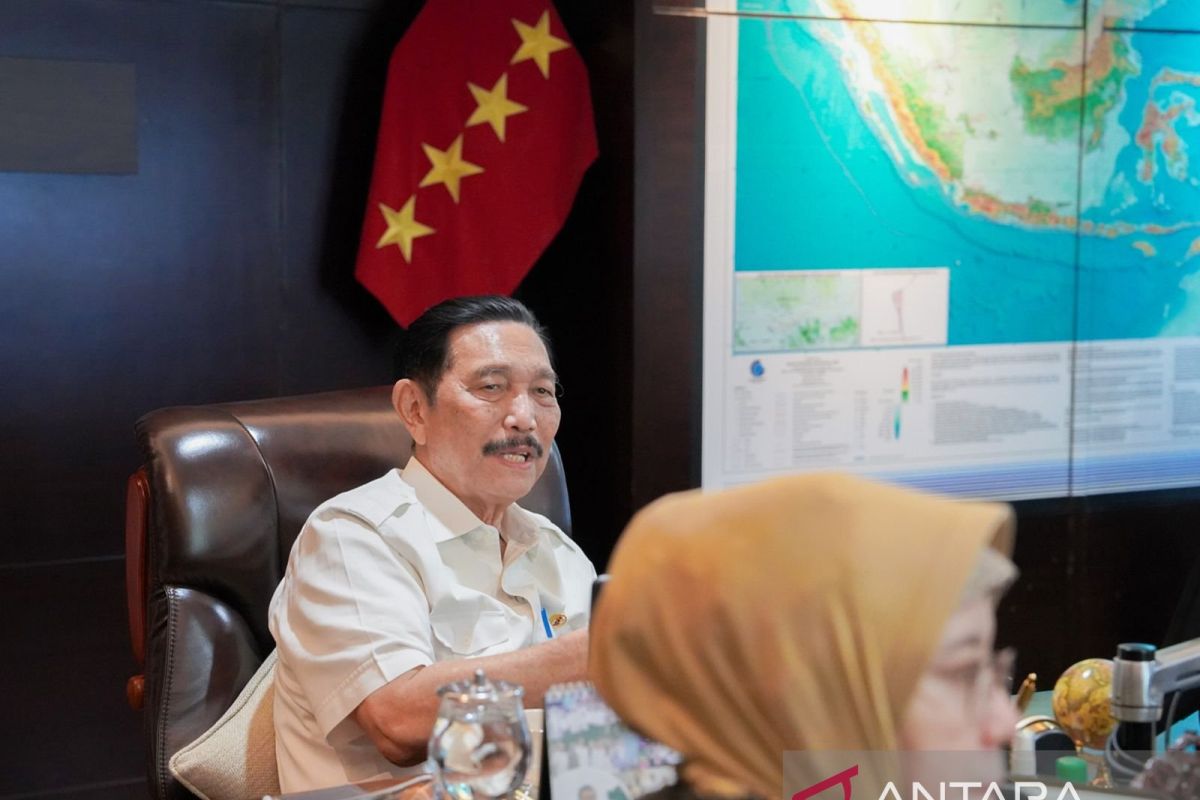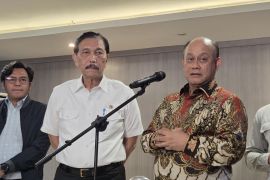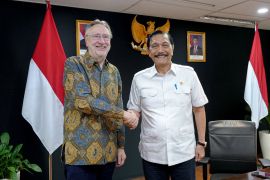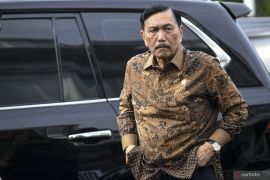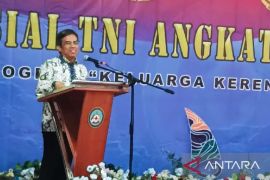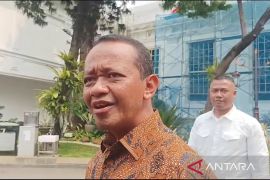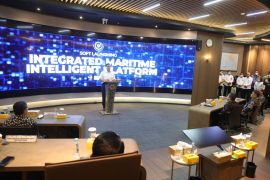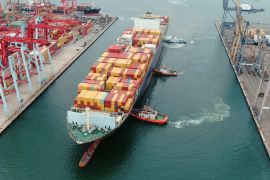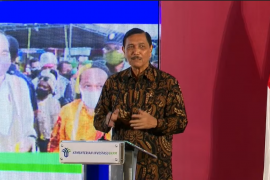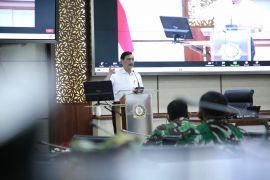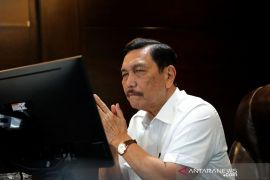"I have witnessed myself how the effectiveness of social protection programs are facing big challenges," he remarked here on Saturday.
Pandjaitan highlighted that some of the challenges are the doubled data of beneficiaries, people not having identity numbers, and people not meeting the requirements to become beneficiaries.
He affirmed that to improve the distribution of social assistance, the government is currently developing the National Integrated Socioeconomic Data (DTSEN) which integrates data on welfare, socioeconomic, and extreme poverty from three databases.
"I am grateful that Statistics Indonesia (BPS) has completed the finalization of data integration, including the details such as the names, educational attainment, and jobs," he remarked.
Luhut further revealed that the government would also synchronize information on beneficiaries of various social protection programs, such as staple goods assistance and electricity subsidies to improve the data quality and the distribution effectiveness.
This is part of the Government Technology (GovTech) initiative instructed by President Prabowo Subianto to be completed by August.
"This system is expected to be a long-term solution in ensuring that social assistance is distributed transparently, without leakage, and without misappropriation," he noted.
Digitalization is also expected to improve budget spending efficiency as it allows the government to reduce budget leakage and allocate assistance funds more optimally to provide the maximum benefits to eligible beneficiaries.
With these concrete measures, he expressed optimism that a better social assistance system could improve the welfare of the community and have a positive impact on the national economy.
Related news: Ministry targets digitalizing all Indonesian villages by 2025
Related news: Home minister to focus on regional elections, digitalization
Translator: Bayu Saputra, Raka Adji
Editor: Arie Novarina
Copyright © ANTARA 2025
